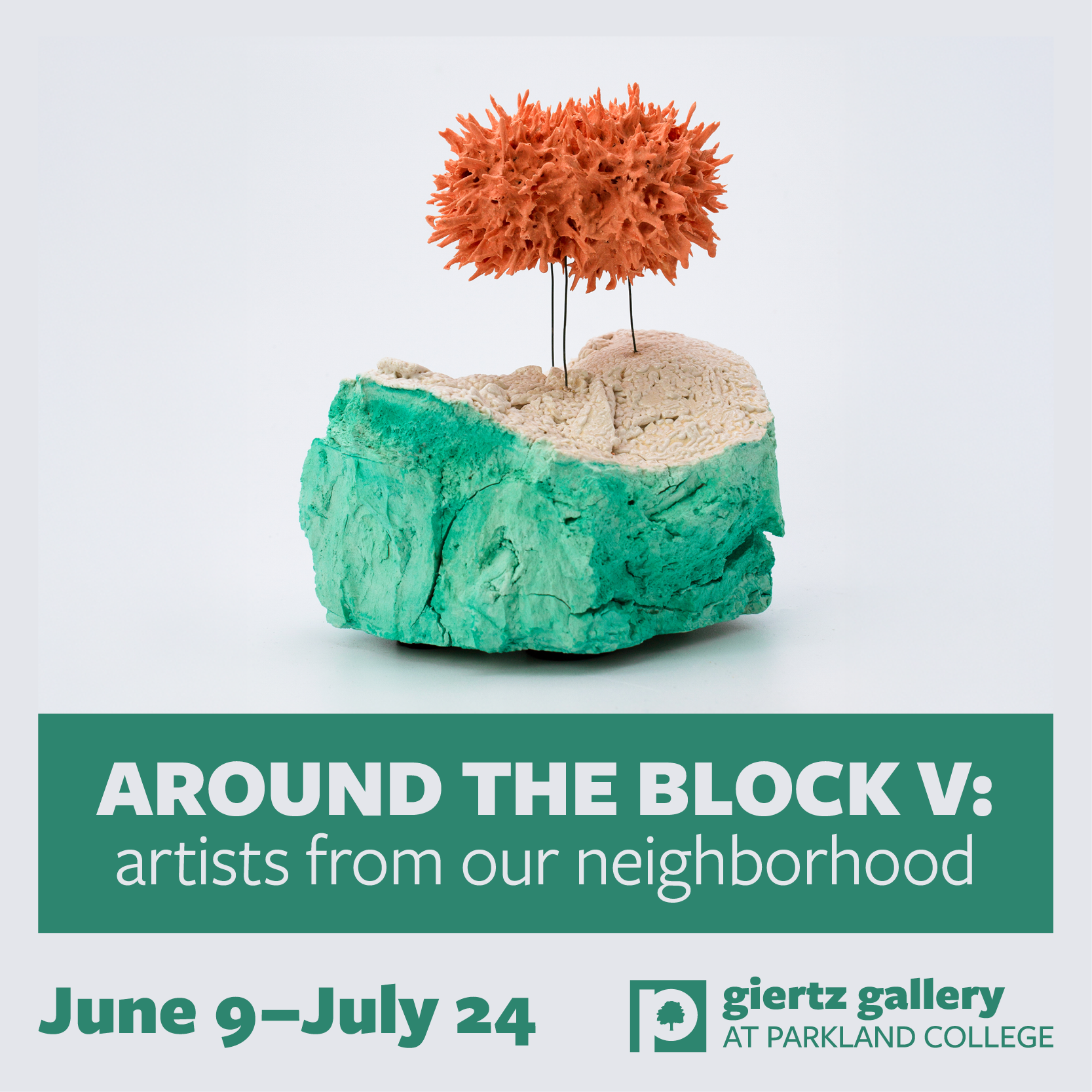By Jason Schifo
I have been thinking quite a lot lately how things have changed, and how those changes have affected my family, your family, our community and the world.
I have been thinking about this because like you, I have some deep concerns about not only where we are headed, but how we are getting there, and that we are not moving there together.
There was a time when being a part of a community meant that we were all moving towards something together. The next sporting events, music festivals, easter egg hunts, church services, meetings at the local coffee shops, lunches out and school activities; all the things that we did together, but over 2020 things changed.
Now, this is not a commentary on the political decisions that were made over the past twelve months, but on what the last twelve months have done to us. I believe that by removing the things that bind us together, it has watered the seeds of tribalism that were already spread around us.
What do I mean by tribalism?
A tribe is essentially a group of people who share something in common and feel strongly connected and loyal to one another in a meaningful way. We generally find tribes gathered around nationality, class, ideology, race, ethnicity, religion, language and even favorite sports teams or music groups. Anything that we have in common and deeply matters to us generally puts us in the same tribe.
Now tribalism in itself isn’t always dangerous.
There are Cubs and Cardinals fans. Those who think The Beatles are the “greatest of all time”, and those who would argue that title belongs to The Rolling Stones. These kinds of differences usually result in wearing different t-shirts and good natured heckling, but at the core each group loves and values music’s place in the world.
These tribes have different ideas about what is good, but at the core they value the same kinds of things.
The problem begins when a tribe starts to use these things to make a distinction between “us and them”. This is where it becomes toxic. It doesn’t take much to move from an “us and them” mentality to an “us versus them” mentality. Where we use our tribes values, attitudes and behaviors to make judgements on what is good and bad, right and what is wrong, and in the most toxic sense, what is worthy or unworthy.
This is the anthesis of the kind of life that Rabbi Jonathan Sacks spoke of in 2015 at the Jewish Learning Institute, “If we would realize that those who are unlike us are actually like us, then we might begin to heal the wounds of our world.”
But we aren’t seeing healing. Instead the divisions are growing.
This growing divide is called polarization. Polarization is the measurement, whether real or fabricated, of the differences between different tribes.
Why do I say fabricated? Because it is possible that two tribes could have relatively small differences, but perceive those differences to be greater than they really are, and fabricate reasons why, and this increases the polarization; the distance between tribes.
Again like tribalism, polarization isn’t bad.
There is a diversity and difference in the world, and we ought to value these things. Saying to one another, I might disagree with your reasons, but I value your capacity to do good, be good and I never lose sight of treating you like a human being.
The bad begins when we mismanage our differences.
This is when polarization increases, and it becomes much more difficult to manage our differences. So we end up disagreeing more often, on more things and more strongly, making it harder and more difficult to accept any kind of disagreement at all.
And over time we become more suspicious and increasingly intolerant of those who hold views different than our own, and we seperate and segregate. We create spaces where we don’t have to interact with “that other group” or with “those people”. No longer is our sense of belonging tied to being together, but in now in being in agreement.
We don’t have to look hard for examples…
Have you ever gathered together with your group and found yourselves spending alot of time talking about another group of people? How wrong they are? And how right you are? That is tribalism.
This is why every tribe has a cable news channel, a newspaper, a cast of experts and opinion writers, and even its own social media platforms to gather around.
The separation doesn’t stop there.
To maintain this sense of comfort a tribe will have to continue to ratchet up the animosity between tribes. So one tribe demonizes and vilifies the other on television, interviews, and social media, creating (and even valuing) an economy of suspicion through conspiracies that capitalize on fear.
Gone is the good-natured jabs and heckling. Now you are not just gathering over coffee or in small groups to air out our frustrations, but making demands and canceling the very people we should value. It doesn’t take long for that to move to burning cities, erecting gallows, taking up arms, storming buildings, destroying public property, threatening to kill people and in some cases, even carrying out those threats. And you know what the worst part is?
After all said and done, tribes will gather together on whatever platform they have to justify how what they did and why they did was right. This creates even more division and animosity, and it just gets worse and worse, not better.
Over the last twelve months I have spent quite a bit of time thinking about this because as a Pastor, and church person, I know the dangers of tribalism. Unfortunately, I have spent alot of my ministry years attached to different church tribes.
Did you know that the church world has lots of tribes?
We have Baptists, used to be Baptists, Methodists, Nazarenes, Lutherans, Catholics, and too many others to list. But that isn’t enough. We then divide our tribes into even smaller tribes with names like “American”, “Reformed”, and “Orthodox” among many others.
Like in the world these church tribes hold to and value different things, making judgements not always based on what is right, but on what their tribe says.
Because of this, I know tribes, and how easy it is easy to gather around a truth that agrees with what I already believe, value, and hold true. I also know how difficult this then makes it for us to hear and value a truth that is not our own.
Two stories I heard recently that speak powerfully to us.
A number of weeks ago I read about a progressive church community in Ireland that tried an experiment. They held a gathering where a young woman got up, honest and humble in her tone and demeanor, and read the text of a message to the congregation. As she read it they listened intently and at times people found themselves nodding in agreement and even weeping.
Unbeknownst to those gathered who nodded and wept, the message the woman read was written by an inflammatory fundamentalist pastor in the United States. A message that if the pastor himself gave, in his tone and rhetoric, it would never have been accepted in this context, but being read by this young woman they heard it differently.
Let that sink in. They accepted it, they even wept at times, when it was presented with humility and love.
And just yesterday, a friend of mine was telling me how he responded recently to a very conservative post on social media that he felt was not sharing important facts in order to demonize another group.
My friend replied to the post, clarifying the facts with the facts, and over the next number of hours, he was emailed and attacked in subsequent posts, called names, and belittled, all for posting the facts.
The interesting thing, he shared, was that the fact he posted were copied and pasted directly from a news source that those who emailed, attacked, and belittled him routinely trust and follow.
Let that sink in. They didn’t like what they routinely accept as good, right, and trustworthy because of who shared it.
These stories don’t come to us from just one side, indiciting the other side, but from both sides, indicting us all. Showing us the hypocrisy of tribes and tribalism.
There was a time when being a part of a community meant that we were all moving towards something together. The next sporting events, music festivals, easter egg hunts, church services, meetings at the local coffee shops, lunches out together, and school activities – all the things that we did together. I don’t want us to become so tribal, and so divided that we can’t get back to that beautiful place together again.



